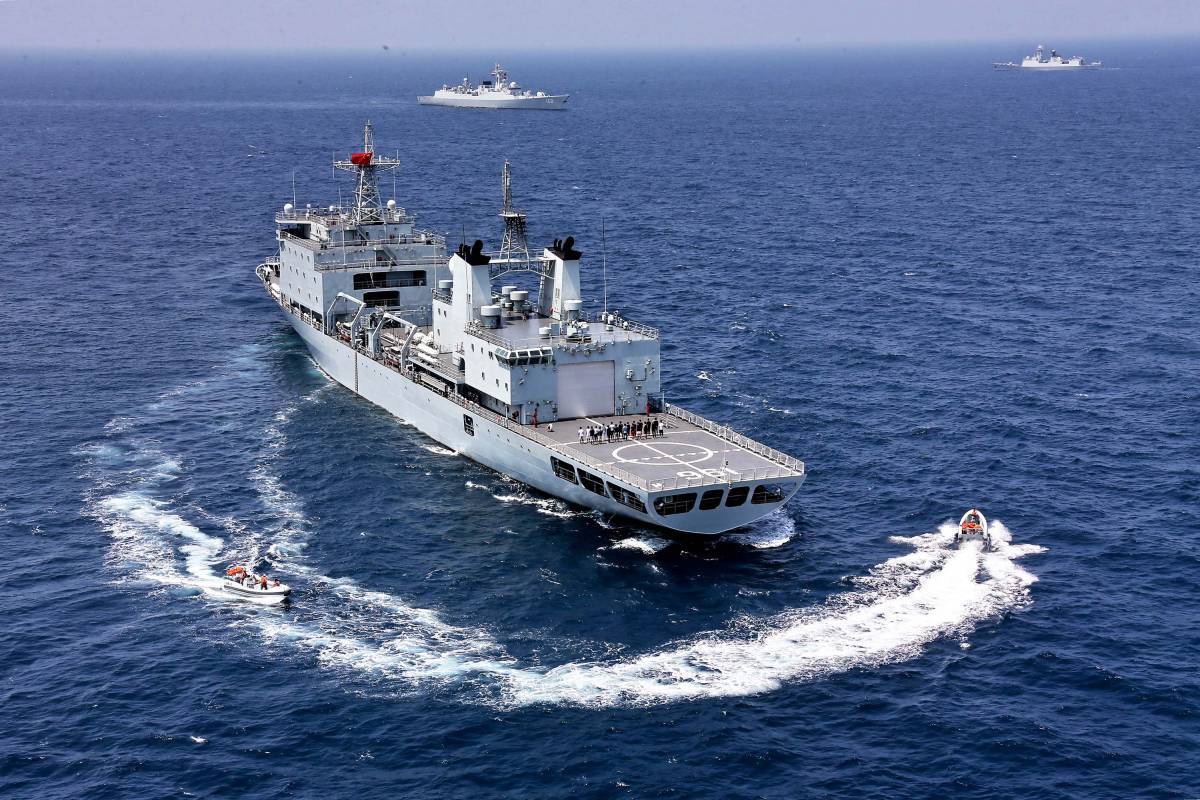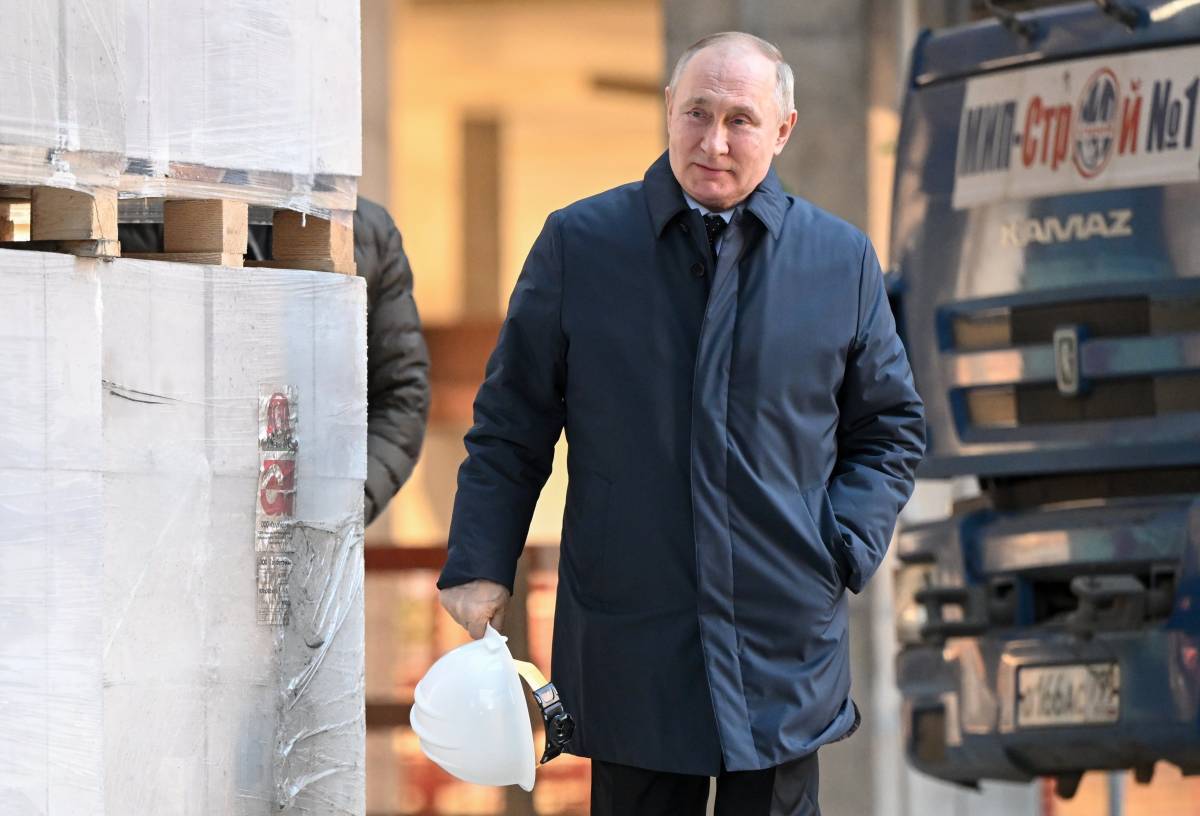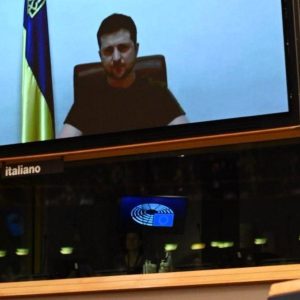China is watching just as closely, for it will pounce on any lessons to be learned from the West’s response and apply them to its own nefarious ambitions for Taiwan….reports Asian Lite News
The world is watching with bated breath to see whether President Vladimir Putin dispatches Russian troops into Ukraine in what would be Europe’s largest conflict since World War II.
China is watching just as closely, for it will pounce on any lessons to be learned from the West’s response and apply them to its own nefarious ambitions for Taiwan.
Chinese threats against the democratic nation of Taiwan have been growing, as the People’s Liberation Army (PLA) flexes its muscle as the behest of the Chinese Communist Party (CCP).
The PLA conducts a high tempo of air patrols into the air defence identification zone (ADIZ) of Taiwan. Last year, for example, 950 aircraft sorties occurred, a figure more than double for 2020.
This equates to an average of 2.5 aircraft sorties per day, which keeps Taiwan’s air force busy scrambling to intercept Chinese interlopers.
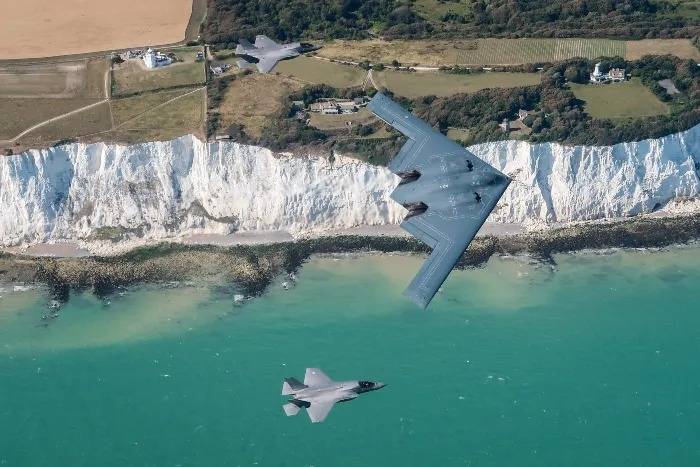
The largest incursion so far this year occurred on 23 January, when the PLA flew 39 aircraft into Taiwan’s ADIZ. However, the largest ever intrusion was 56 aircraft on 4 October 2021.
While an ADIZ does not possess any international value as sovereign territory (national airspace extends 12 nautical miles from a country’s coastline), China has frequently intruded specifically to cow Taipei. The tempo lessened while the Beijing Winter Olympics were held in February, but these inflammatory air patrols are certain to increase again.
Although China intends for these air intrusions, as well as sailing naval vessels around Taiwan, to intimidate, it is actually strengthening resolve within Taiwan to reject the CCP’s heavy-handed overtures; it is also causing the USA to strengthen support for Taipei.
Unfortunately, however, such is the frequency of these intrusions, that China has created a new norm. These PLA sorties enable the Chinese military to rehearse future attacks against Taiwan, what Beijing calls training under “realistic combat conditions”, plus it allows practice in coordinating large-scale joint forces.
Such incessant activity also forms part of Beijing’s narrative that it is in control of the Taiwan situation, that Taiwan is totally at its mercy and that it is futile to resist. It has the beneficial side effect of chewing up significant amounts of time, money and wear and tear for Taiwanese forces. If Taiwan fails to send up responding fighters every time a PLA aircraft intrudes, then the PLA will have achieved considerable tactical and psychological victories.
In his January 2019 speech on the 40th anniversary of China’s Message to Compatriots in Taiwan, Chairman Xi Jinping stated: “We Chinese should not fight each other. We will work with the greatest sincerity and exert utmost efforts to achieve peaceful reunification, because this works best for the people on both sides and for our whole nation.”
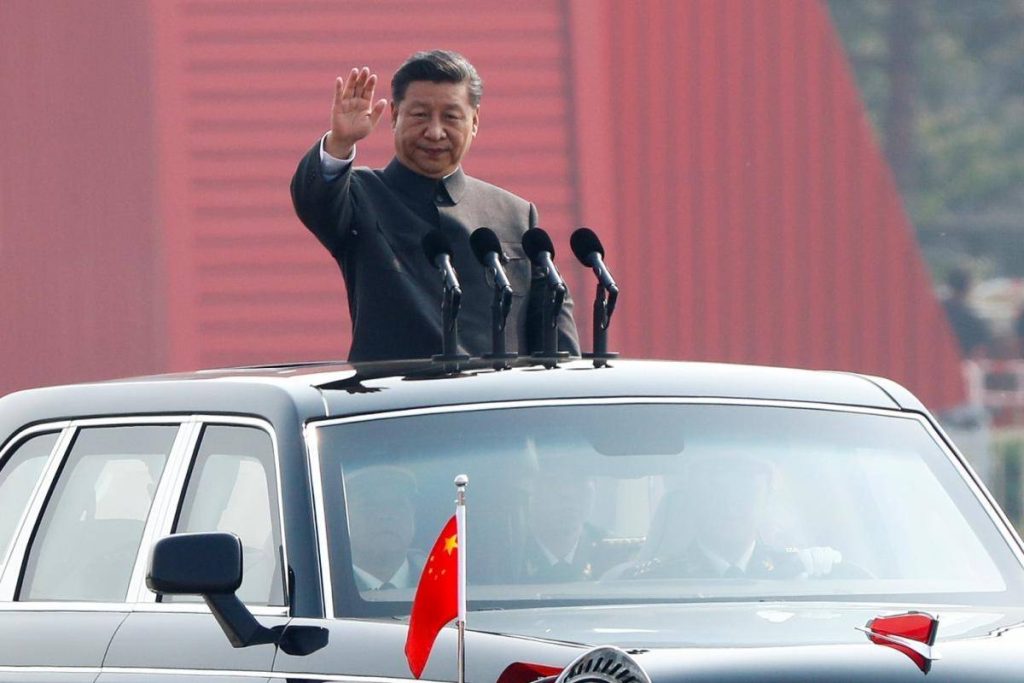
However, Xi then stated just a few months later, “We do not renounce the use of force, and reserve the option of taking all necessary measures.” China is willing to threaten and pummel Taipei into accepting unification, and it reserves the “right” to military force to do so.
The Election Study Center at the National Chengchi University in Taipei recently surveyed citizens’ thoughts on unification with China. Only 1.4% advocated reunification, whereas 55.7 per cent wanted to maintain the status quo either indefinitely or till a decision at a later date.
Another 25.1 per cent of surveyed Taiwanese wanted to maintain the status quo but move towards independence, while 6 per cent wanted independence as soon as possible.
These results show that China is pushing Taiwan further away from the CCP’s rough embrace, exacerbated by its clumsy subjugation of Hong Kong.
John S Van Oudenaren, writing for The Jamestown Foundation think-tank in the USA, said, “China’s military muscle flexing may be an effort to cow Taiwanese voters into ‘peaceful reunification’, but this suggests extraordinary tone-deafness on Beijing’s part. More likely, the PRC is seeking to develop military and other coercive options for unification while also communicating to Washington that intervention on Taiwan’s behalf will be very costly.
As China develops an increasingly viable set of military options, the US and Taiwan will face an unenviable choice: accept growing exposure to the threat, or pay higher costs to maintain the status quo.”
Recently, a lot of ink has been spilled on whether China will take the opportunity to attack Taiwan, if Russia goes ahead with an invasion of Ukraine. Even high-level officials have warned of such an eventuality. For example, UK Foreign Secretary Liz Truss said last month that a Ukraine conflict might present China with an opportunity to invade Taiwan. “I don’t think we can rule that out,” she warned.
Such lines of thought are based on two assumptions. One is that if the USA responds to a war in Europe, then it will reduce its military capabilities in Asia. Secondly, that Beijing and Moscow have aligned their goals, as indicated by a joint Sino-Russian statement issued on February 4 reaffirming mutual support for each other’s security concerns.
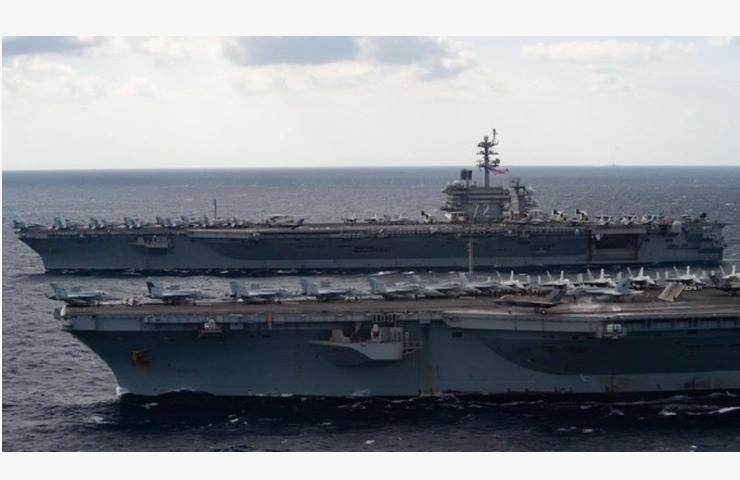
The communique stated, “They reaffirm that the new interstate relations between Russia and China are superior to political and military alliances of the Cold War era.” However, such a premise that China and Russia will both attack seems tenuous. For example, the USA has consistently said it would not commit troops to defend Ukraine, and Washington DC has continued to maintain that will not be distracted from its focus on the Asian region and the threat from China.
Sam Cranny-Evans and Dr. Sidharth Kaushal, both of the Royal United Services Institute (RUSI) in the UK, concluded: “A rushed operation to take Taiwan while the West was supposedly distracted over Ukraine would be an ill-conceived disaster that the PLA is unlikely to attempt.”
Furthermore, the PLA would need to take an enormous amount of preparatory steps before launching an invasion of Taiwan. For example, large amounts of troops and equipment would concentrate at ports and airfields, but there is no evidence of this occurring. Russia has spent months moving units towards the Ukrainian border, and similar movements would be necessary for China before it could launch an amphibious invasion.
Cranny-Evans and Kaushal noted: “Rather than being a rapidly executable operation, such an endeavour would be a months-long process that could well be under way long after the conventional phase of a Russian invasion of Ukraine has ended.”
An invasion across the Taiwan Strait would be a risky undertaking, as there are limited numbers of Taiwanese beaches where PLA amphibious forces could land. Taiwan has around 450,000 troops it could muster to repel China. A lot of fighting would occur in cities since 79 per cent of Taiwan’s population live in cities, and a large proportion of Taiwan is mountainous.
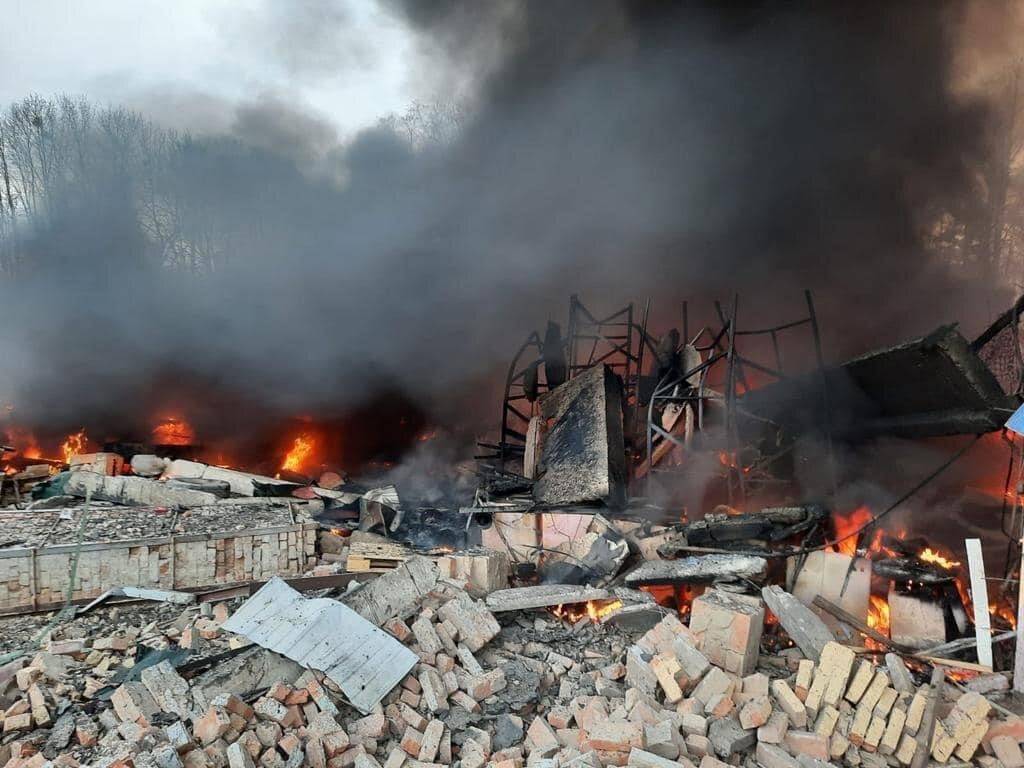
A key difference is that any Chinese invasion of Taiwan will constitute an attack against the USA. This is not the case with Ukraine. Taipei enjoys an implicit security guarantee from the USA under the Taiwan Relations Act, one made more explicit by President Joe Biden in October 2021 when asked whether the USA would come to Taiwan’s aid. “Yes, we have a commitment to do that,” he reaffirmed.
China would have to attack American air bases in places like Japan before it launched any attack against Taiwan. Furthermore, the fall of Taiwan to China would critically endanger Japanese sea lines of communication, threatening the US-Japan alliance itself.
Cranny Evans and Kaushal of RUSI concluded: “In other words, unlike a Russian invasion of Ukraine, attacking Taiwan requires China to attack the US; the posture of US forces makes it impossible for China to do one without the other. The ability of Russia to successfully invade a non-allied third party without targeting Western forces, then, will tell Chinese decision-makers precious little about the response to an invasion of Taiwan, which would by necessity begin with a preemptive attack on US forces.”
The RUSI academics continued: “Ultimately, if China does decide to invade Taiwan, it will be when it believes the regional balance of power enables it to fight and win a war that will necessarily involve the US. While different opinions may exist regarding whether such a state of affairs will ever emerge, and what the US can do to prevent it, the calculus of Chinese leaders will be shaped by the regional balance of power in Asia, and not by events farther a field.”
Nonetheless, Beijing will be carefully monitoring NATO’s and America’s response to any Russian aggression in Ukraine. If little resolve is shown, China will be emboldened to take more robust actions against Taiwan, reinforcing its already entrenched notion that the USA is in inexorable decline.
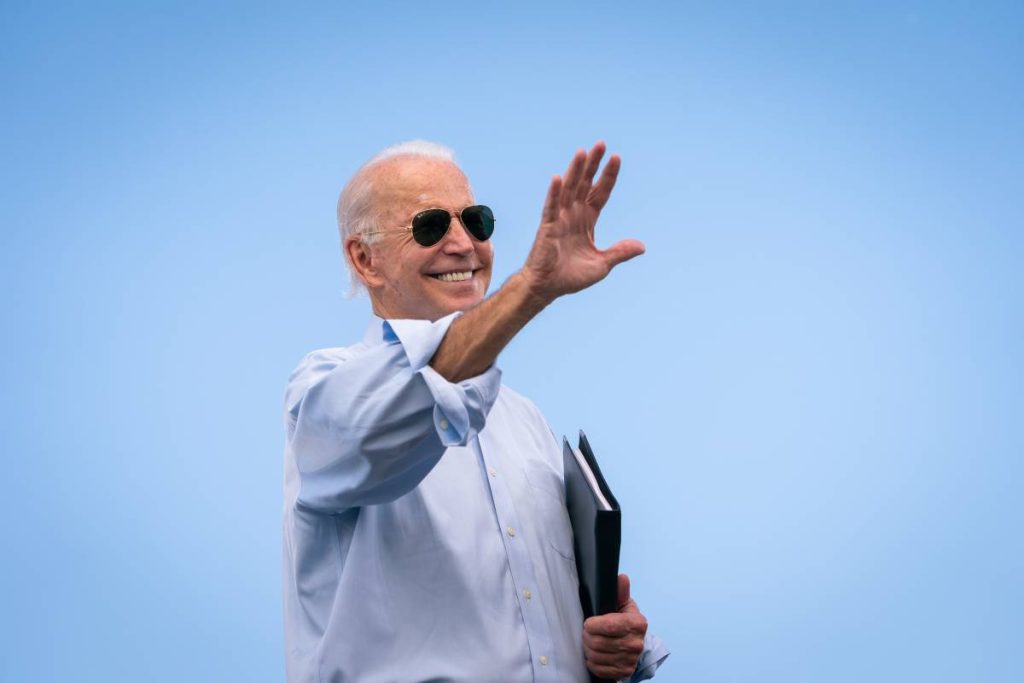
American allies and fence sitters in Asia-Pacific are watching US foreign policy carefully as it juggles the Ukrainian crisis. They will be concerned if President Joe Biden does not follow through on promises such as were made in his Indo-Pacific Strategy released on February 11. That White House document promised, for instance: “Under President Biden, the United States is determined to strengthen our long-term position in and commitment to the Indo-Pacific. In a quickly changing strategic landscape, we recognize that American interests can only be advanced if we firmly anchor the United States in the Indo-Pacific and strengthen the region itself, alongside our closest allies and partners.”
Another scholar – Igor Denisov, a Senior Research Fellow at MGIMO University’s Institute for International Studies in Russia – concurred with the RUSI assessment. “The scenario of Russian-Chinese coordination on Taiwan is hardly realistic, primarily because no Chinese leader would link the resolution of a critical national issue to an event over which he has no control. In any case, this implies a thorough involvement in the Ukrainian crisis, which China has never done. And this is hardly acceptable to China under any circumstances, including the growing business interests in Europe.”
Denisov added: “It is also difficult to assume that any escalation in Europe would loosen the American grip on Asia. Beijing has no illusions about this, and generally sees its rivalry with the West as a long game rather than a series of blitzkrieg operations. From this point of view, it is understandable why, noting Russia’s ability to manoeuvre in chaos, China seems in no hurry to master this art.”
China’s hawkish behaviour and rhetoric against Taiwan are raising the spectre of war amongst China’s citizens. Radical netizens are latching onto this, with strident calls for military action from a certain segment who want war. For example, one nationalistic blogger complained on Weibo, “These so-called anti-war [opinion leaders] are mostly running dogs of Western values.”
Ren Yi, an influential blogger known as Chairman Rabbit, wrote on WeChat last November: “In China, the public expectation about a war is changing gradually due to many influences. In the old days, reunification by force was an unthinkable idea; now it is becoming normalized … Once the use of force has become inevitable, people will be prepared for it since intense discussions have already taken place.”
In China’s tightly controlled internet, it is difficult for more moderate views to gain traction. Even though China’s leadership is far removed from the average man on the street, there is a danger of the CCP’s nationalistic sentiment redounding on its own head. It must be careful not to paint itself into a corner, since nationalism can be a double-edged sword.
There is jumpiness in China. On 1 November 2021, the Ministry of Commerce published a routine notice telling households to stock up on necessities. It sparked panic buying in some places, and on the same day the number of Chinese internet searches for the keyword “Taiwan” jumped fourfold and those for “war” multiplied 25 times.
Ultimately, any invasion of Taiwan will not be about satisfying public opinion, but whether China believes it can succeed militarily at a relatively low cost. Chinese leaders are pragmatists, and any decision for military force will be based solely on the balance of regional power. Unfortunately, that balance is continually tilting towards China’s favour.
In the meantime, Beijing will continue to use coercion and bullying as its primary strategy. (ANI)


